Learning a new skill brought a few questions and anxieties for myself. Am I good enough? Am I too old? Will I succeed? Coding looks hard. Everyone working in the industry looks a decade younger. Not to gloss over the subject, but coding IS challenging! Particularly for someone who has spent the last 15 years in a different industry. The thought of picking up a completely new skill is nerve-racking and scary. Especially when part of that journey is getting used to the struggle of not knowing the answers all the time and getting stuck at every turn!
A important topic of study that keeps me going is Neuroplasticity.
What is Neuroplasticity?
We hear this term being used in smart phone apps, rehabilitation centres and even athletic performance centres. But what does the term actually mean? If we were to break down the word we get:
Neuro = nervous system
Plasticity = Plastos (Greek root) = moldable
In essence what we get is a ‘moldable brain’.
https://www.brainfacts.org/ask-an-expert/what-is-brain-plasticity
Medicine.net defines the term Neuroplasticity as the brain’s ability to reorganize itself by forming new neural connections throughout life.
https://www.medicinenet.com/script/main/art.asp?articlekey=40362
Neuroplasticity allows the neurons (nerve cells) to adapt, grow and even recover from injury throughout life.
In fact every time we are learning something, we are harnessing the power of neuroplasticity!
It’s the process that makes your brain extremely resilient and by which all permanent learning takes place, such as playing a musical instrument or mastering a different language.
Think of your last type rating, think of the list of memory items that had to be committed to memory and how you committed 13/14 or so memory items to neural and muscle memory. Let’s use the runaway stabilizer…
Knowing that you would have to demonstrate competency of these memory items at some point during your type rating, there was probably a range of study techniques which you employed. Study cards, paper tiger, mnemonics etc. Whichever study technique you used, you probably used it over and over and over until you were able to action the memory items as soon as you noticed the conditions that required you to do so. Essentially you exposed yourself to a stimulus (the uncommanded stabilizer trim movement) either mentally, in a paper tiger or in the sim and then trained a response (runaway stabilizer memory items) that could be recalled without ‘actively thinking’ through each step.
I could also mention Pavlov’s experiment but lets not go there 🙂
But… for those interested.
I want to emphasize the saying: You CAN teach an old dog new tricks.
Neuroplasticity takes place every day regardless of our age or health. As long as you are alive your brain will always make new connections and increase performance and health.
In fact what fascinated me was how the brain through neuroplasticity is able to repair itself and recover even after traumatic injuries.
This doesn’t just apply to cognitive skills, but physical skills as well.
Think back to the runaway stabilizer memory items. How do you action these items? Where do your hands go? Where are the stab cutout switches? Where is the trim wheel? You’re probably moving your limbs right now thinking about them.
Now think back to the FIRST time you had to action those memory items in anger? What was it like? Was it as fluid as is it now?
The process of learning to action the memory items competently and fluidly is also a physical process, and just like the learning process, it takes repetition and intensity.
Why was this such an important topic for me?
It helped quell the anxieties I was having that I was ‘too old’ or that it was ‘too hard’ or that I was ‘too late’ to pick up a new skill.
But in the same way that when you couldn’t grasp every memory item immediately, you didn’t give up, but rather repeated the learning process until you were able to achieve competency. I had to accept that coding was going to be challenging… it IS challenging, and no day goes by without frustration from getting stuck on a piece of code. But knowing that the brain is constantly learning and constantly improving gives me the confidence to strive on.
To quote John Bauers article:
“Programming is a unique skill that doesn’t borrow from many other disciplines. Sure, you’ll use math, but being talented at one doesn’t mean you’re talented at the other. Because programming requires a different state-of-mind, it will take your brain time to adjust. This process occurs alongside practical skill development.”



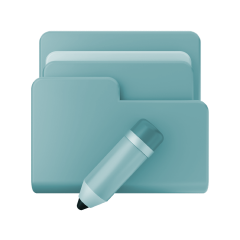
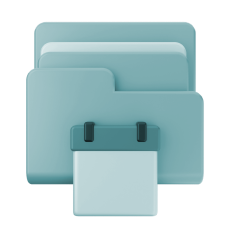
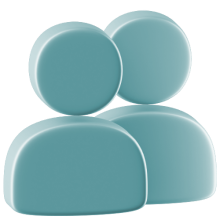
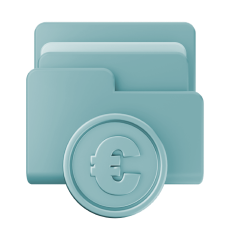


 English
English
 Français
Français
 Deutsch
Deutsch
 Italiano
Italiano
 Español
Español

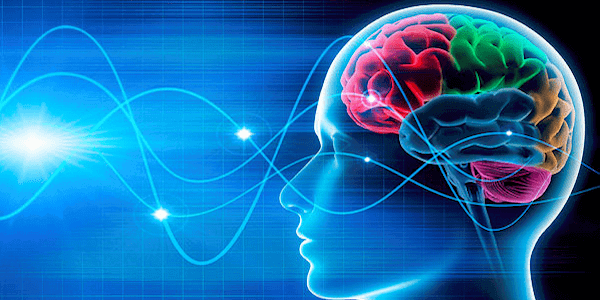
 6 min
6 min

 Contribuisci
Contribuisci
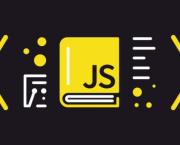

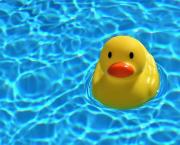




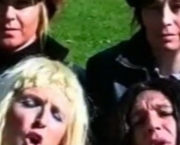


 Puoi sostenere i tuoi scrittori preferiti
Puoi sostenere i tuoi scrittori preferiti





